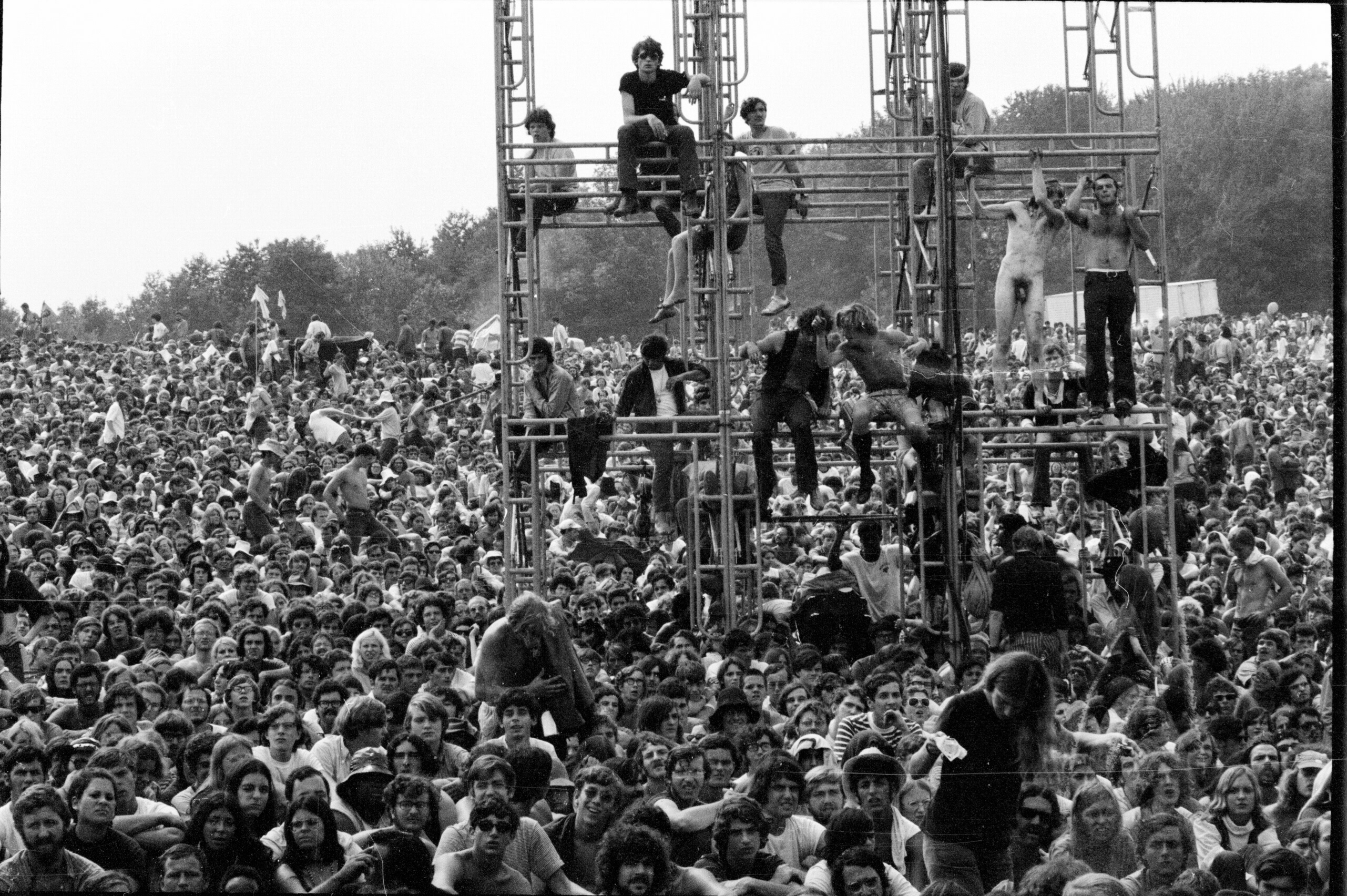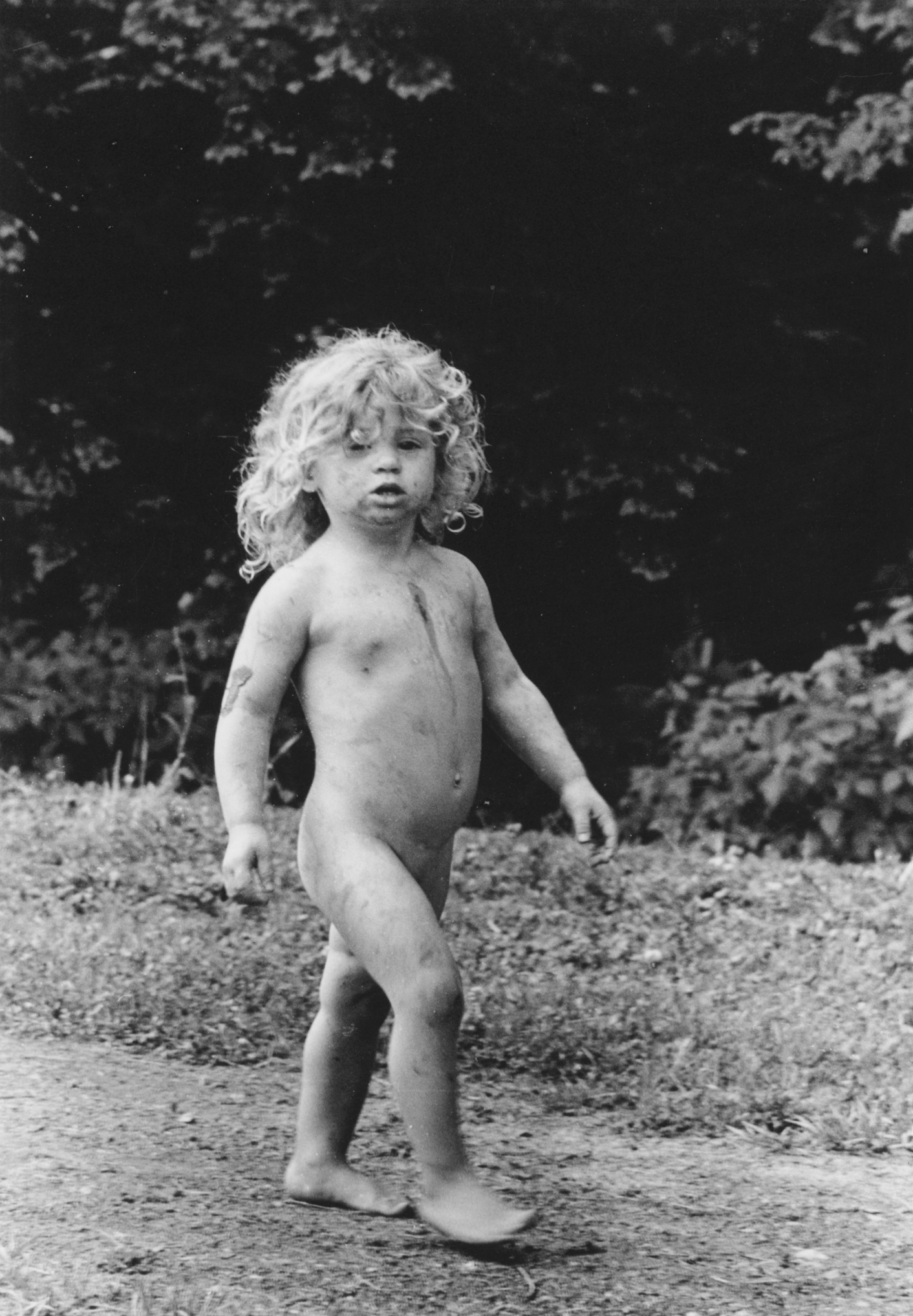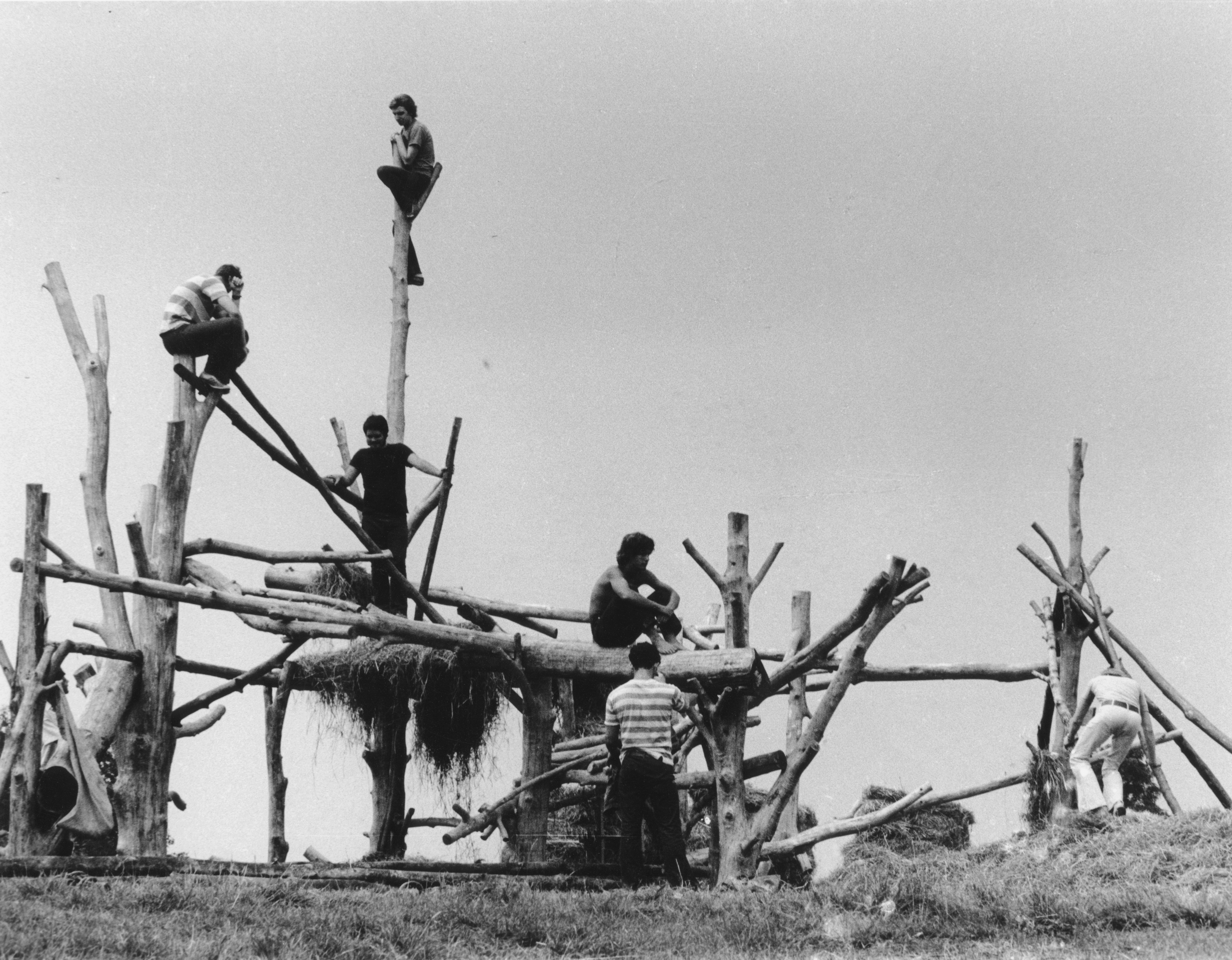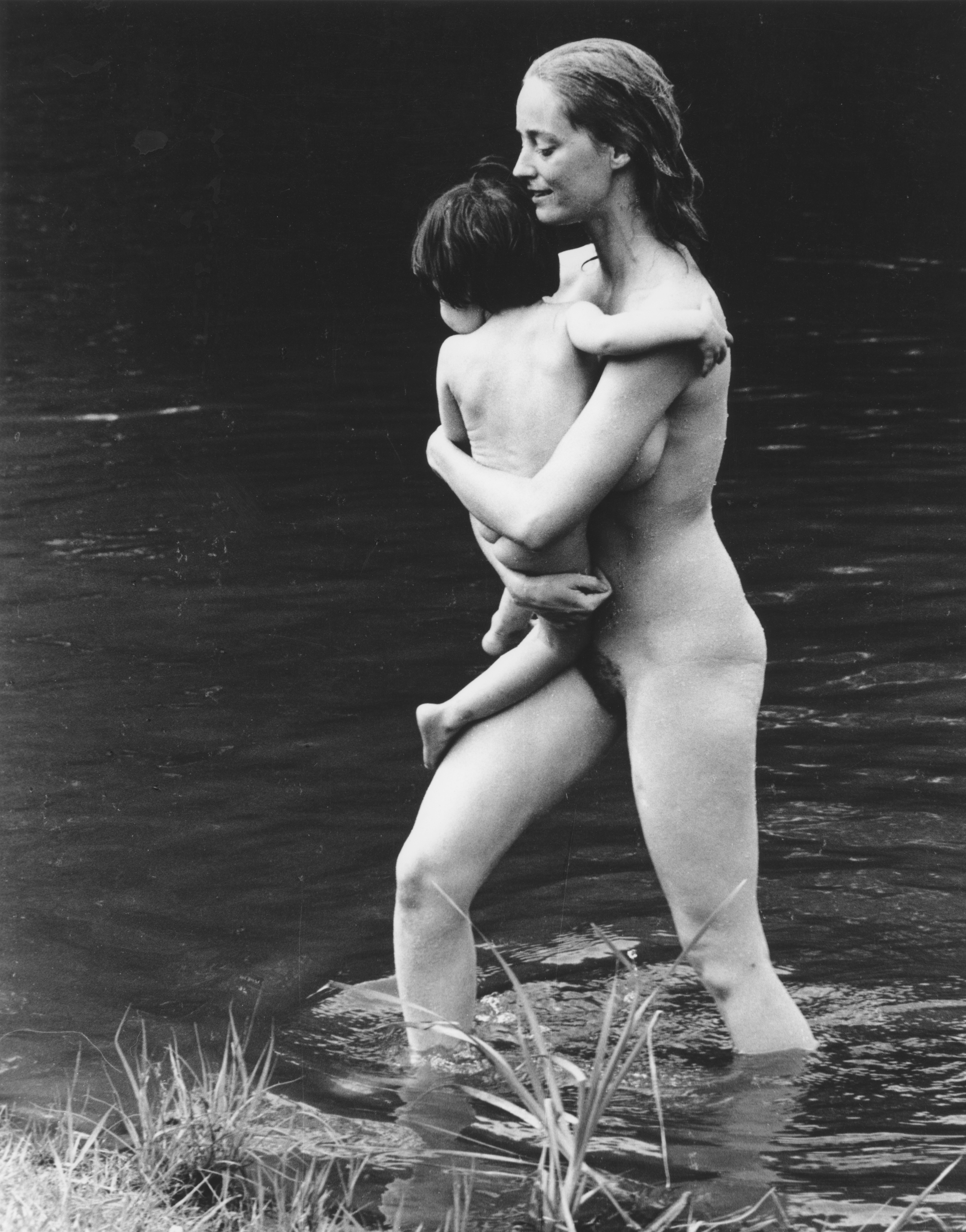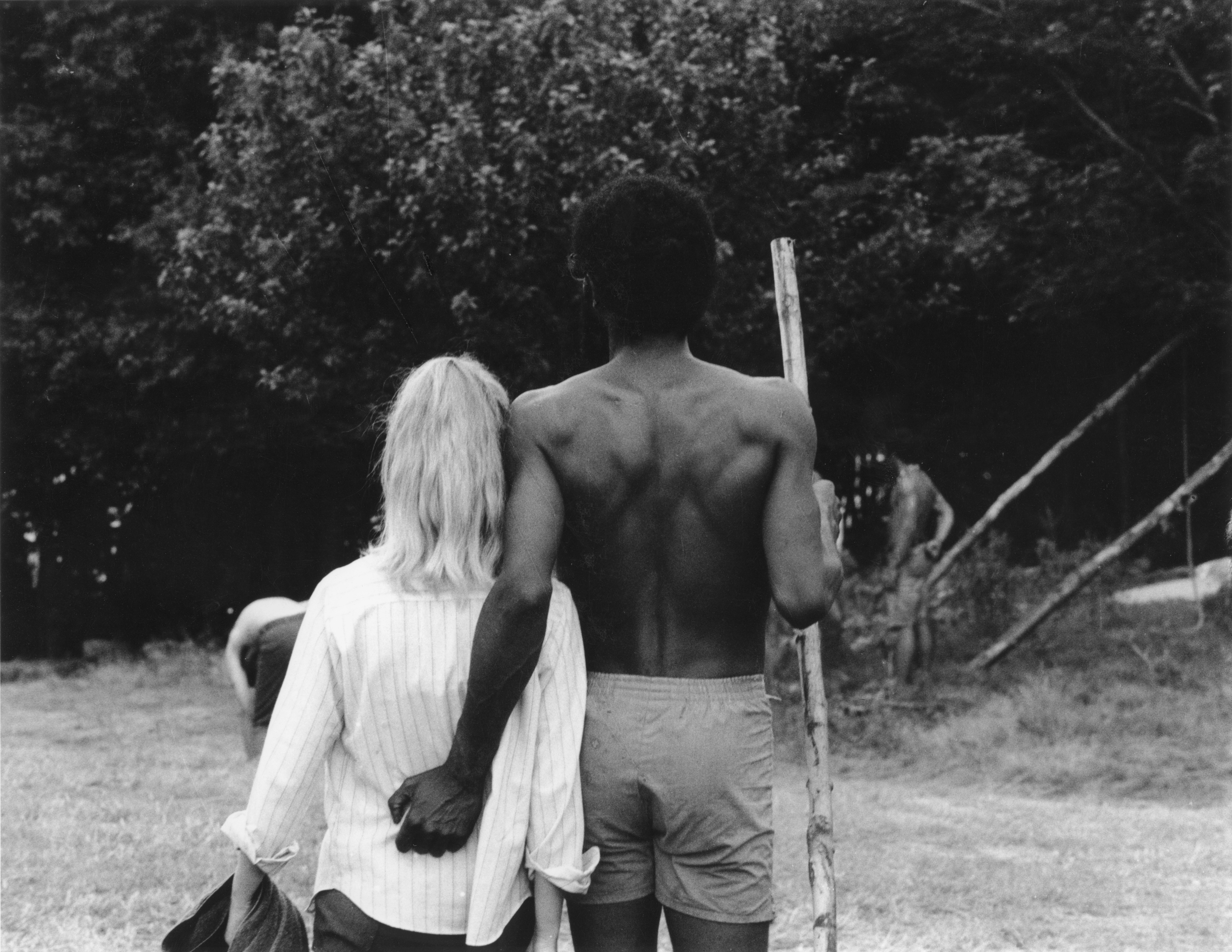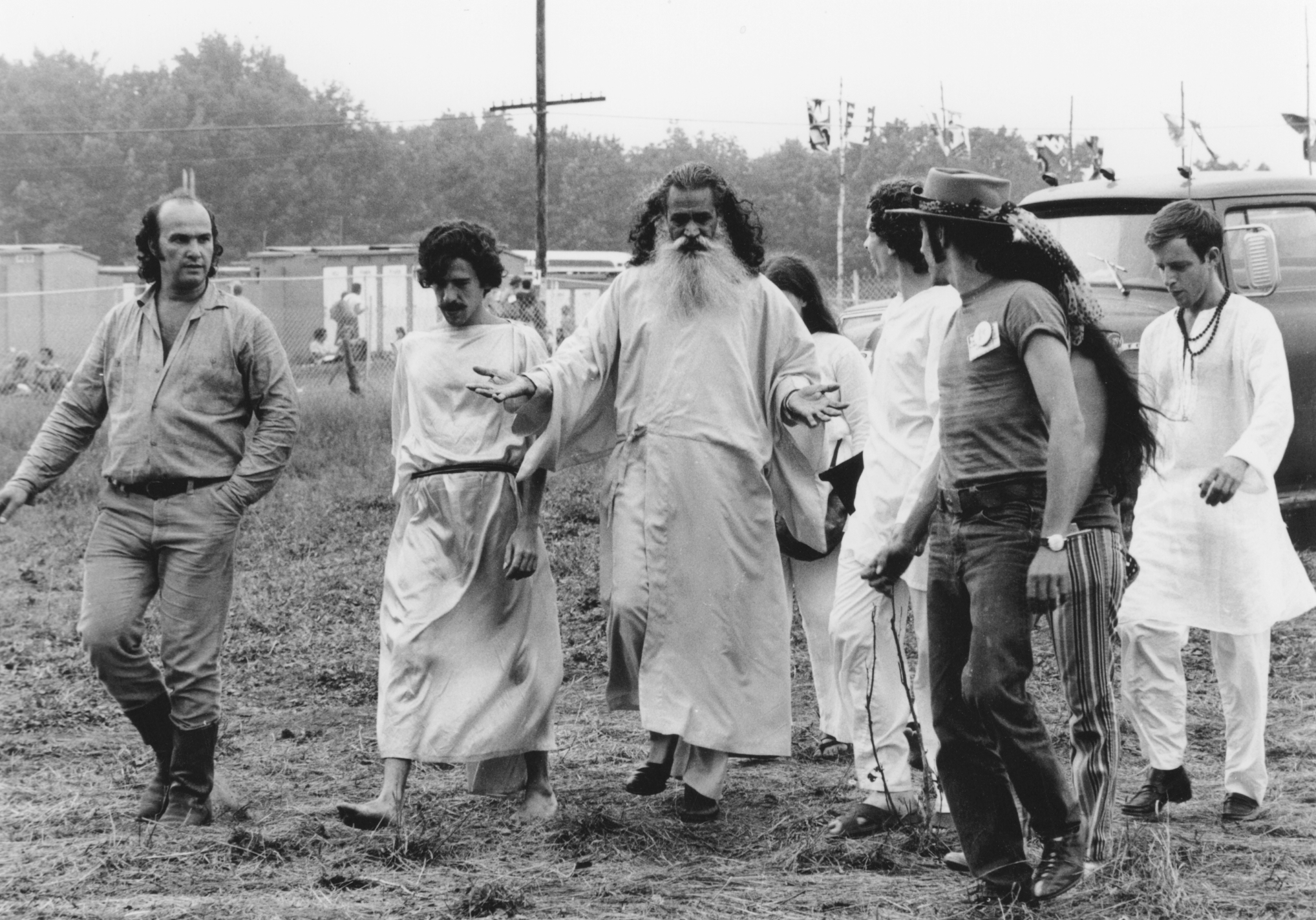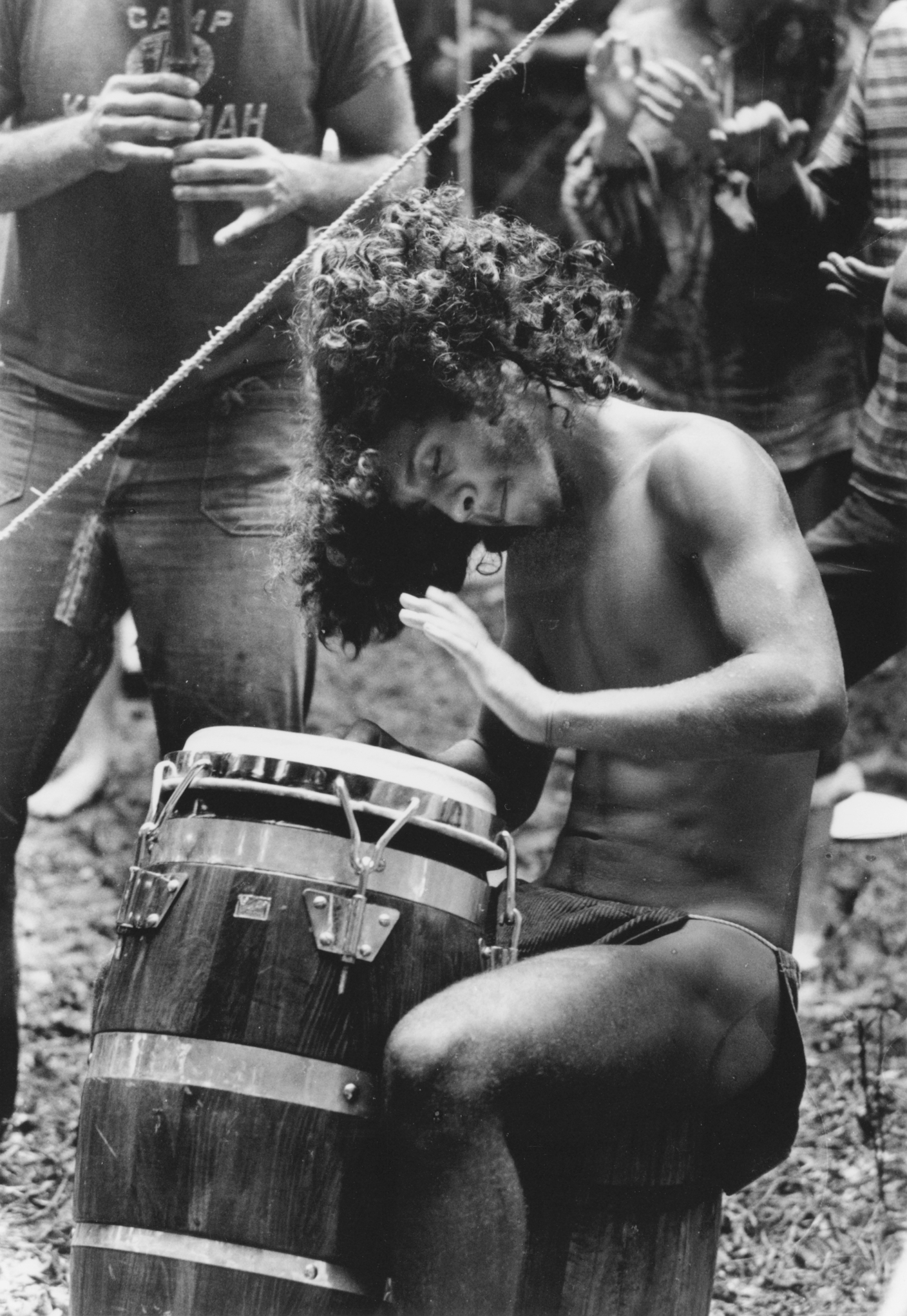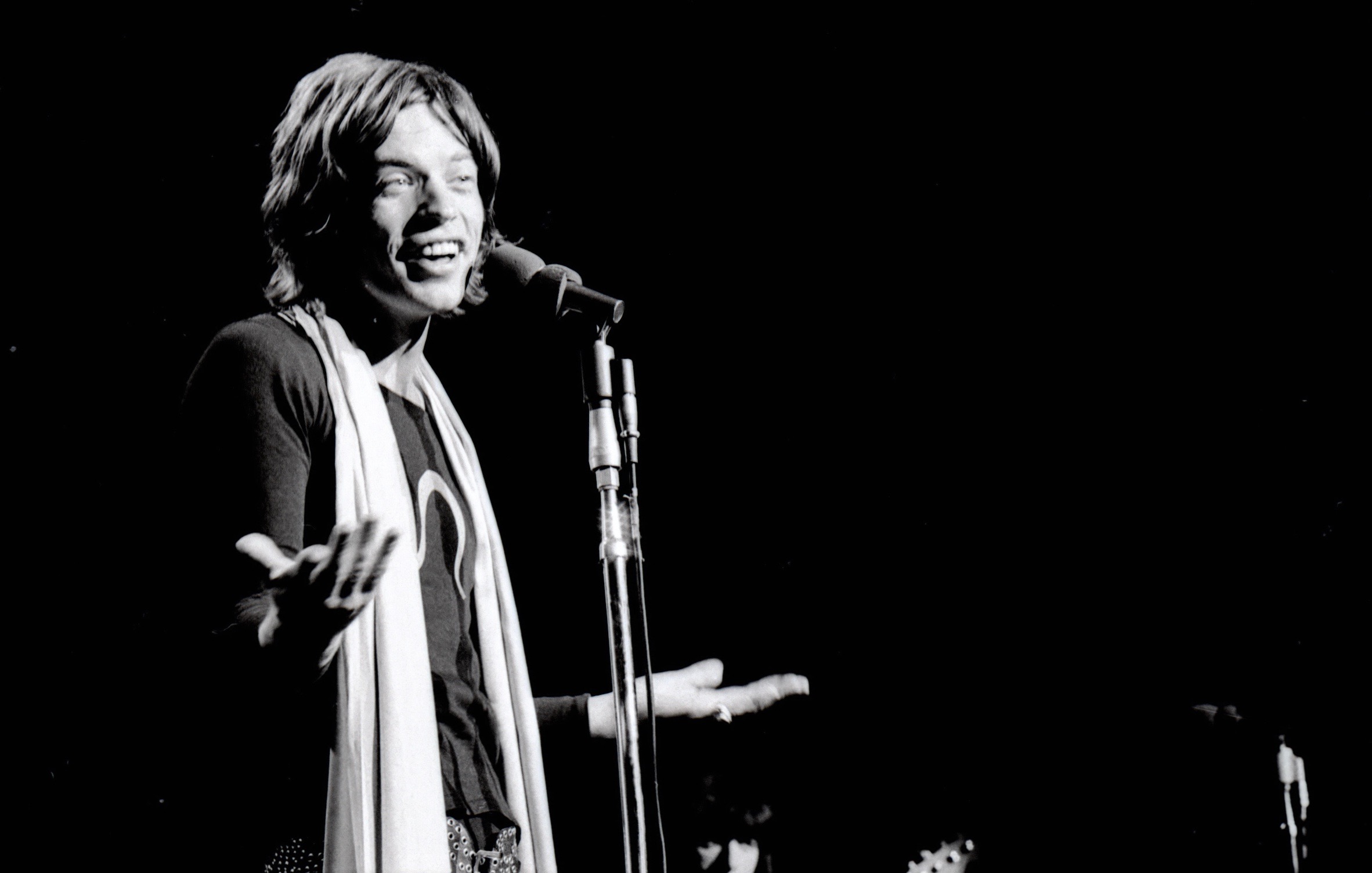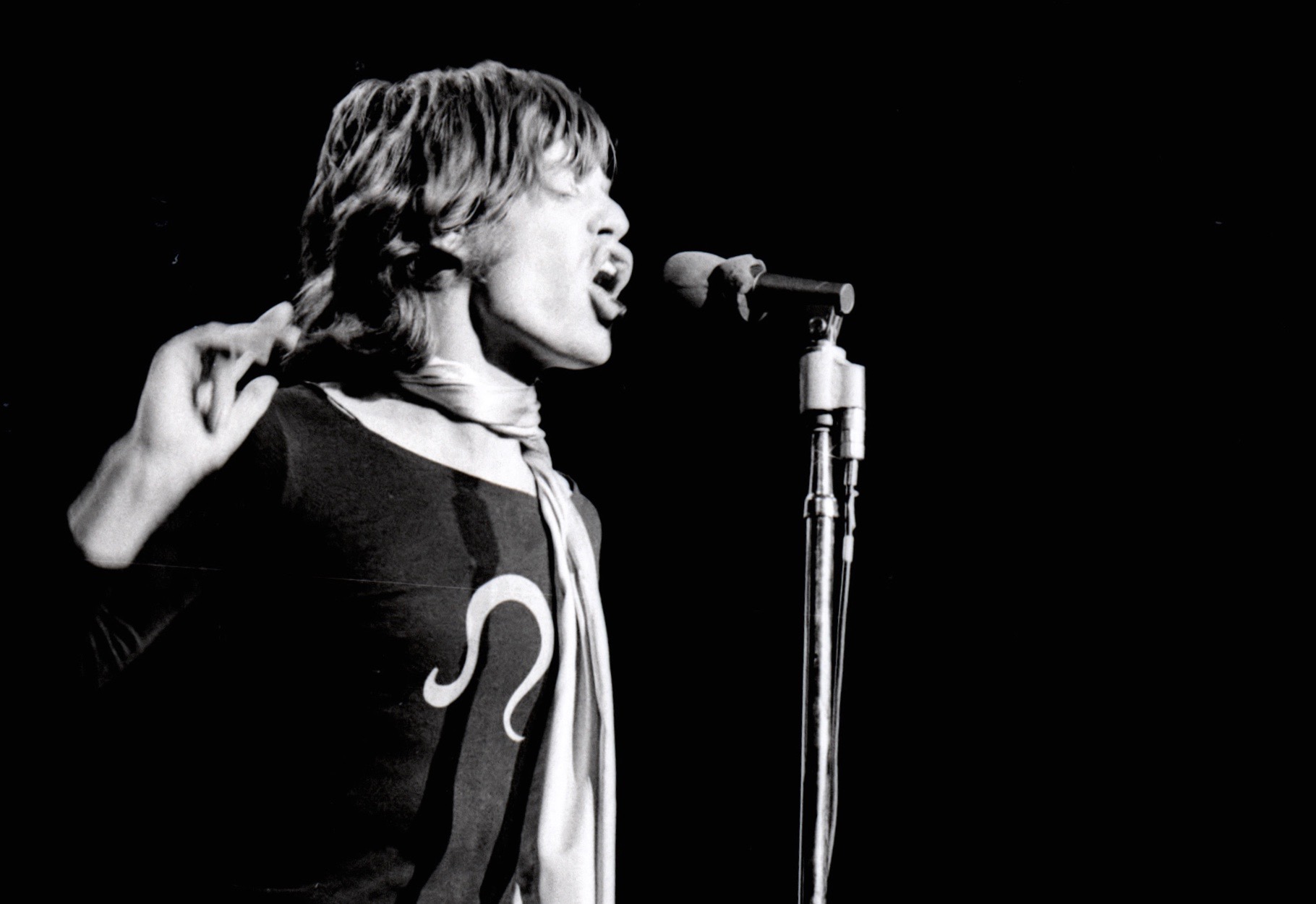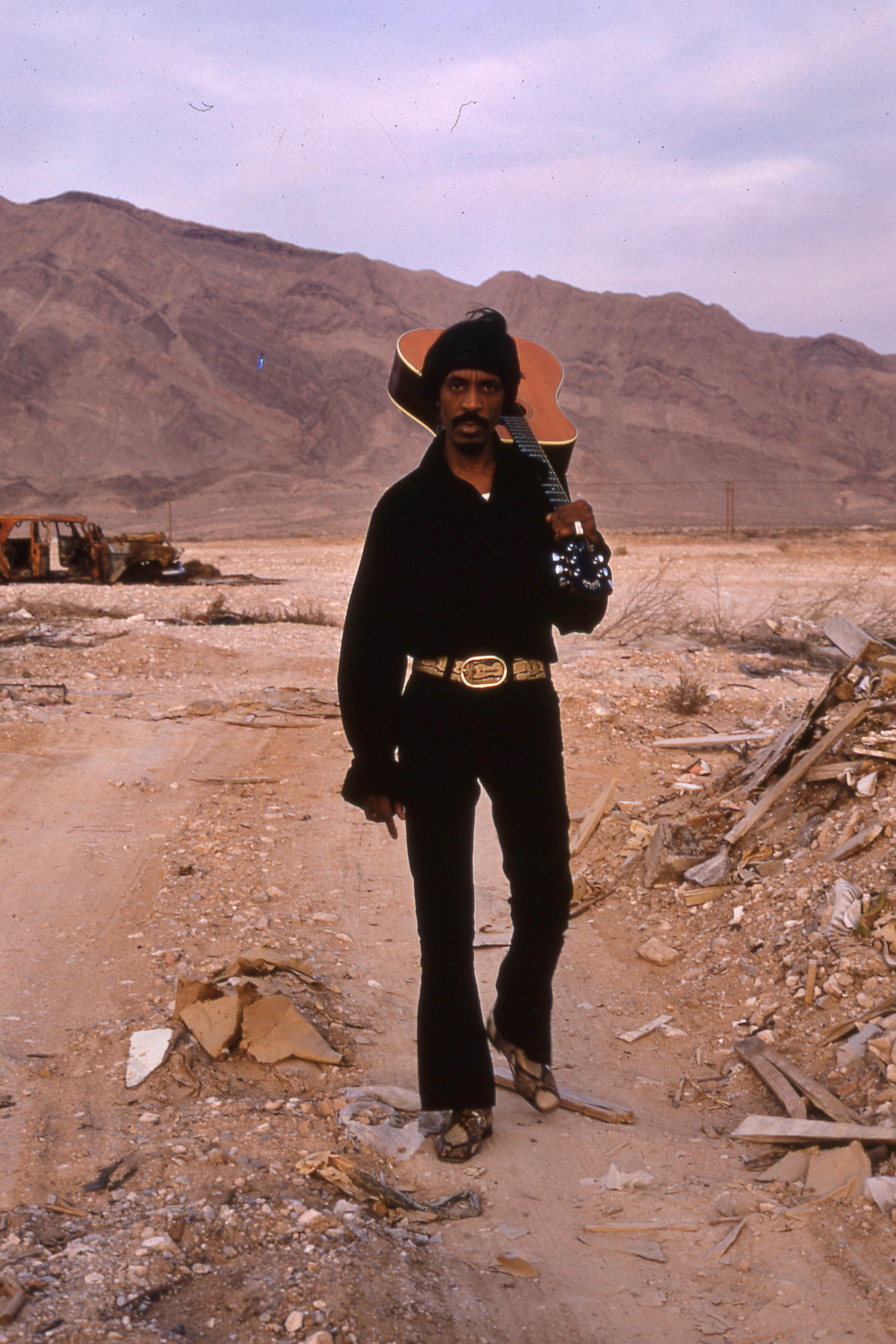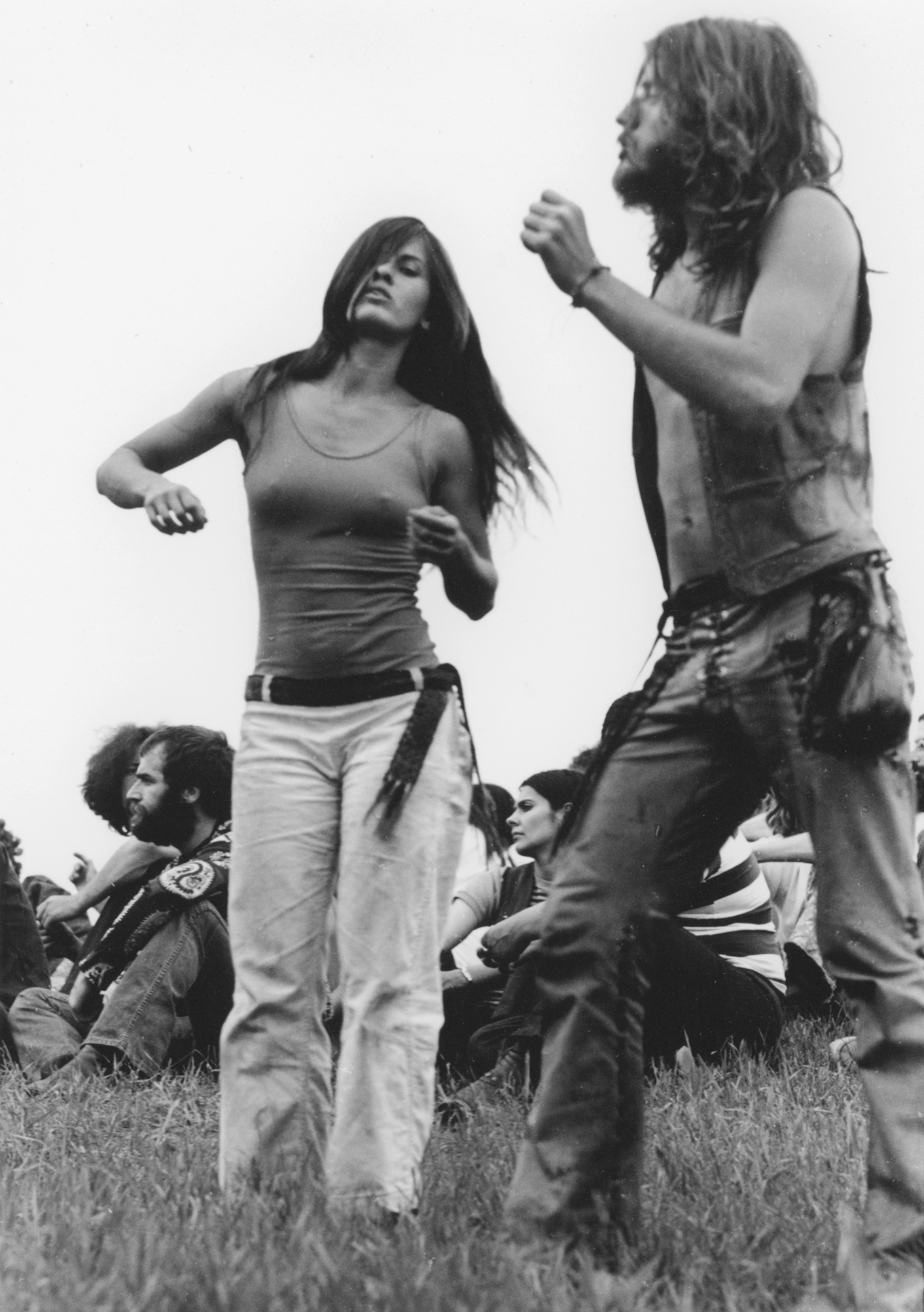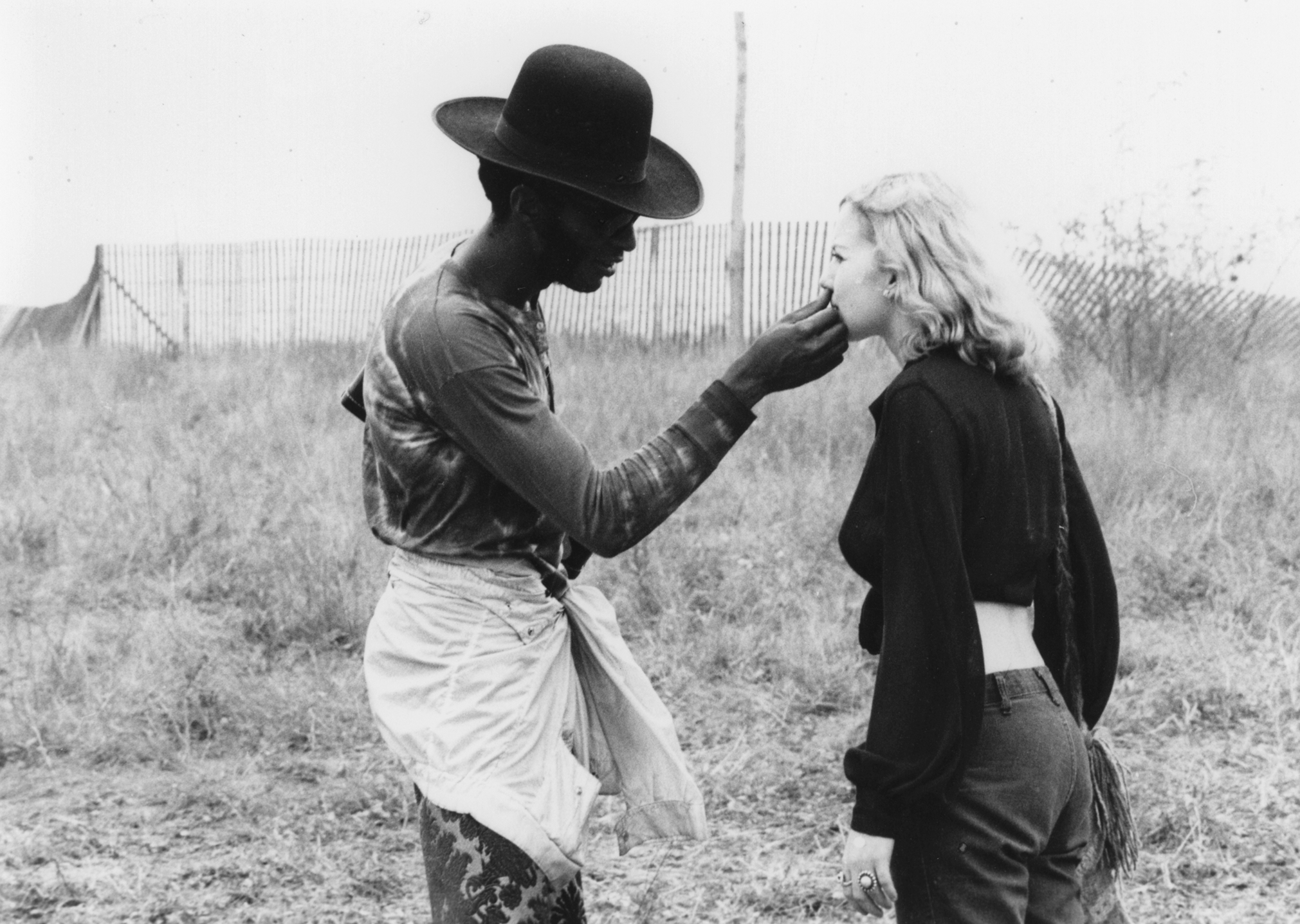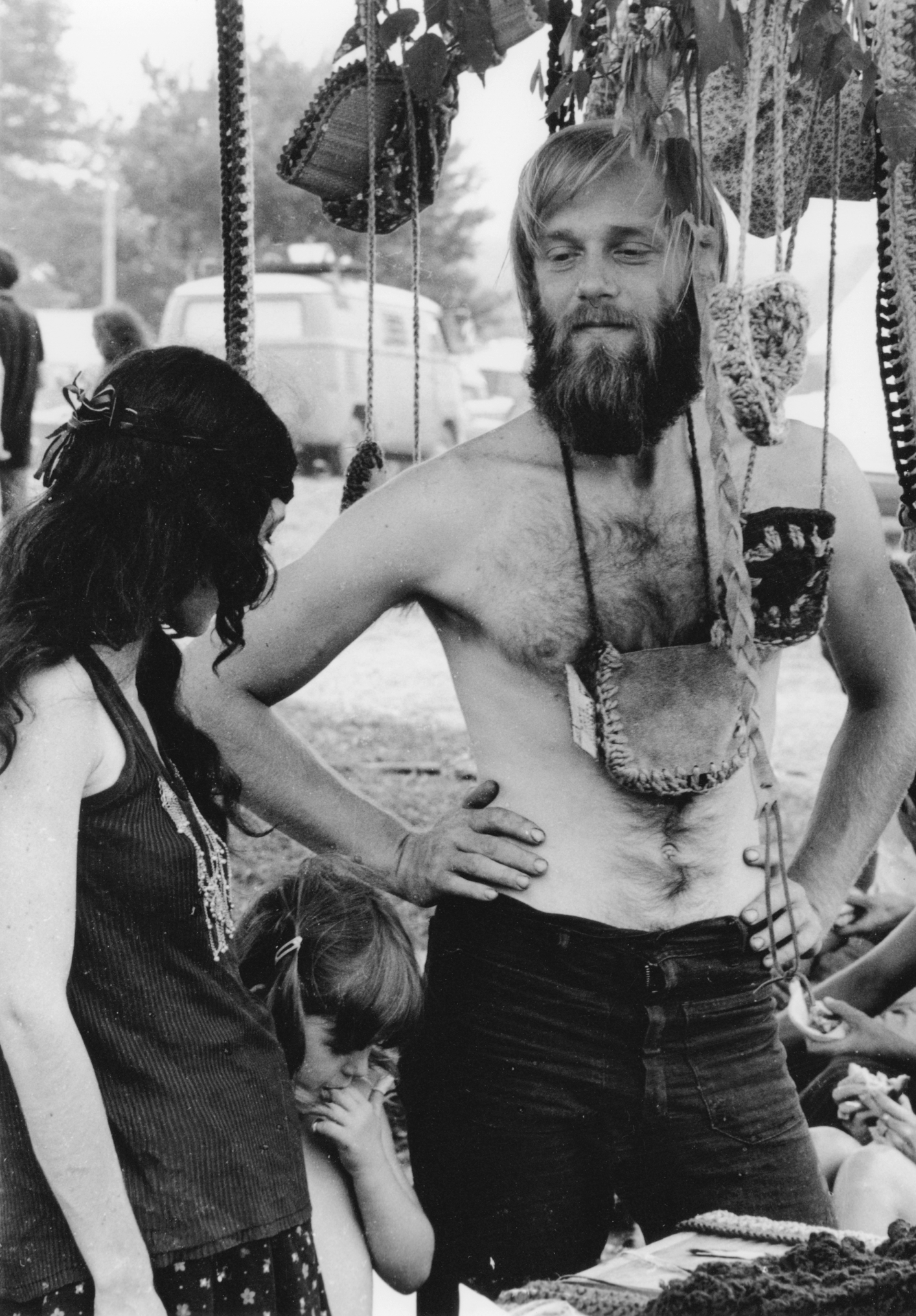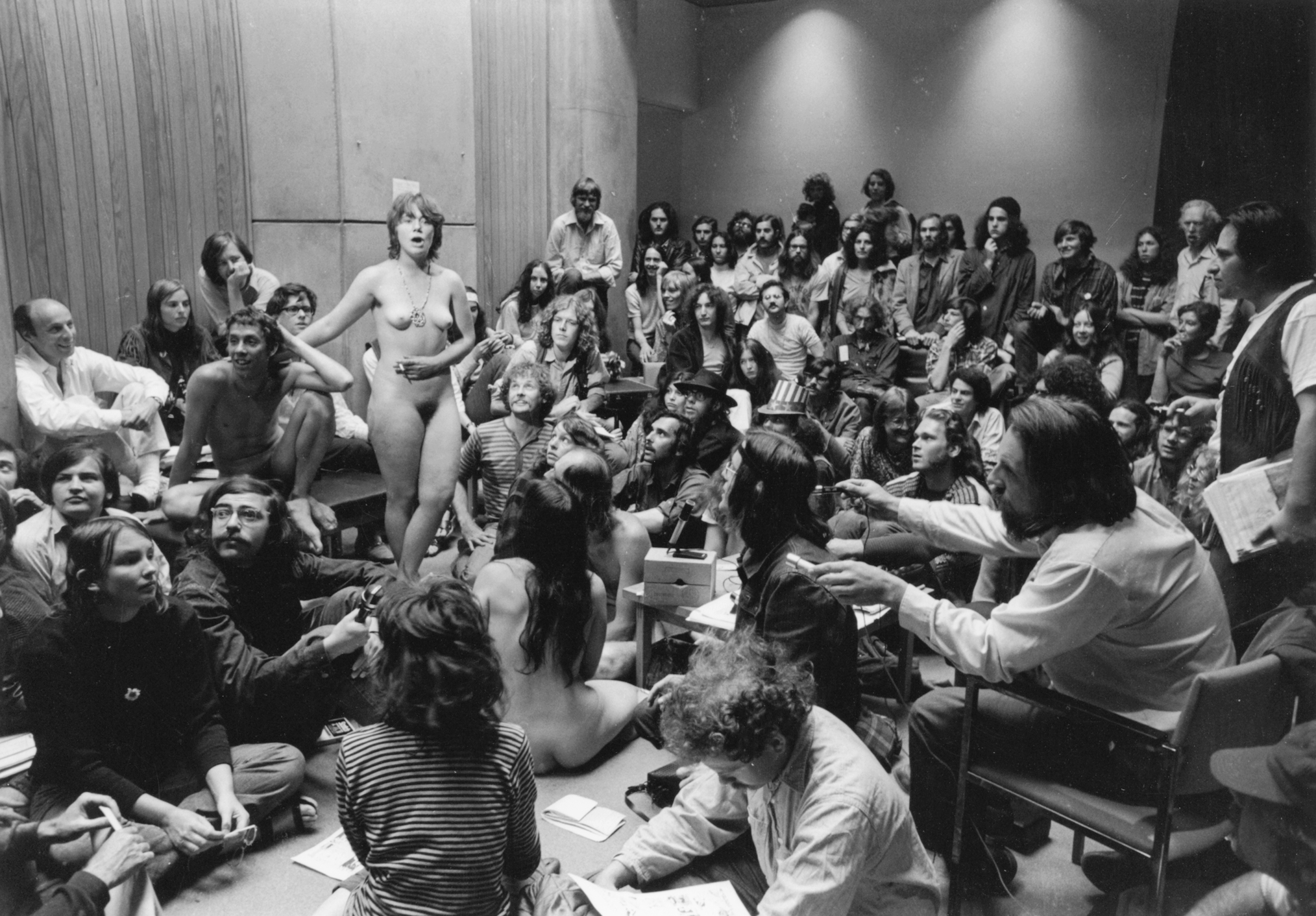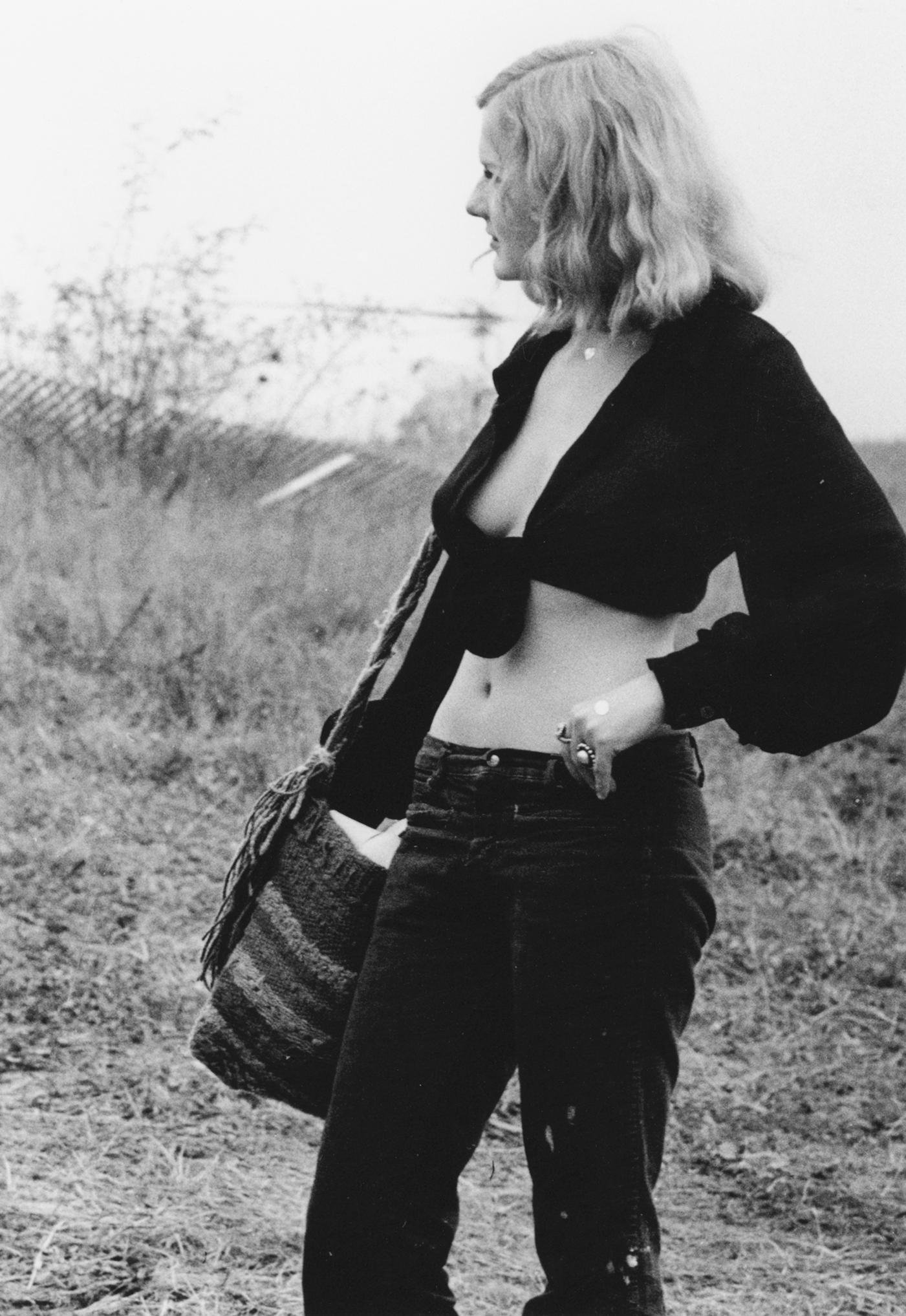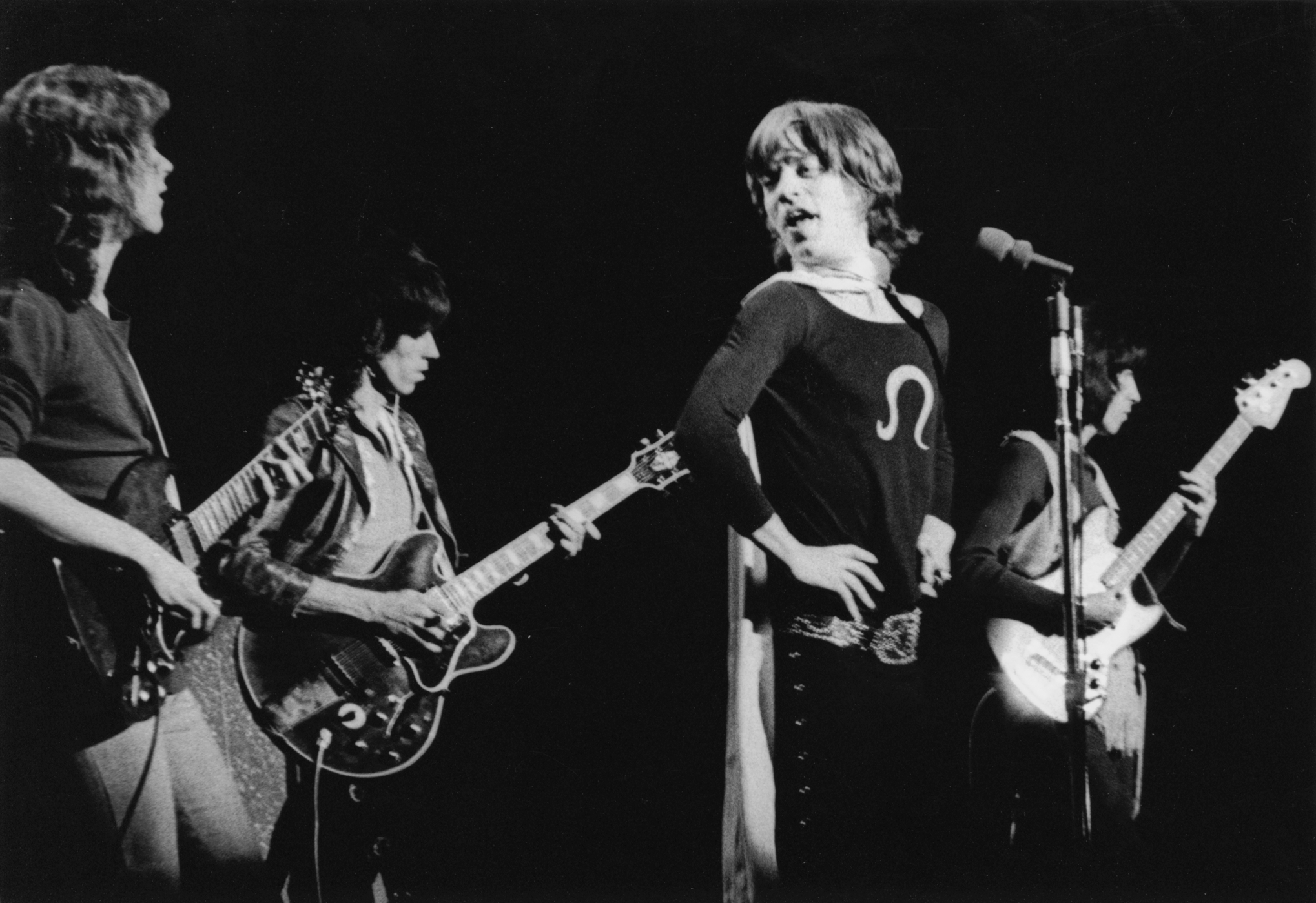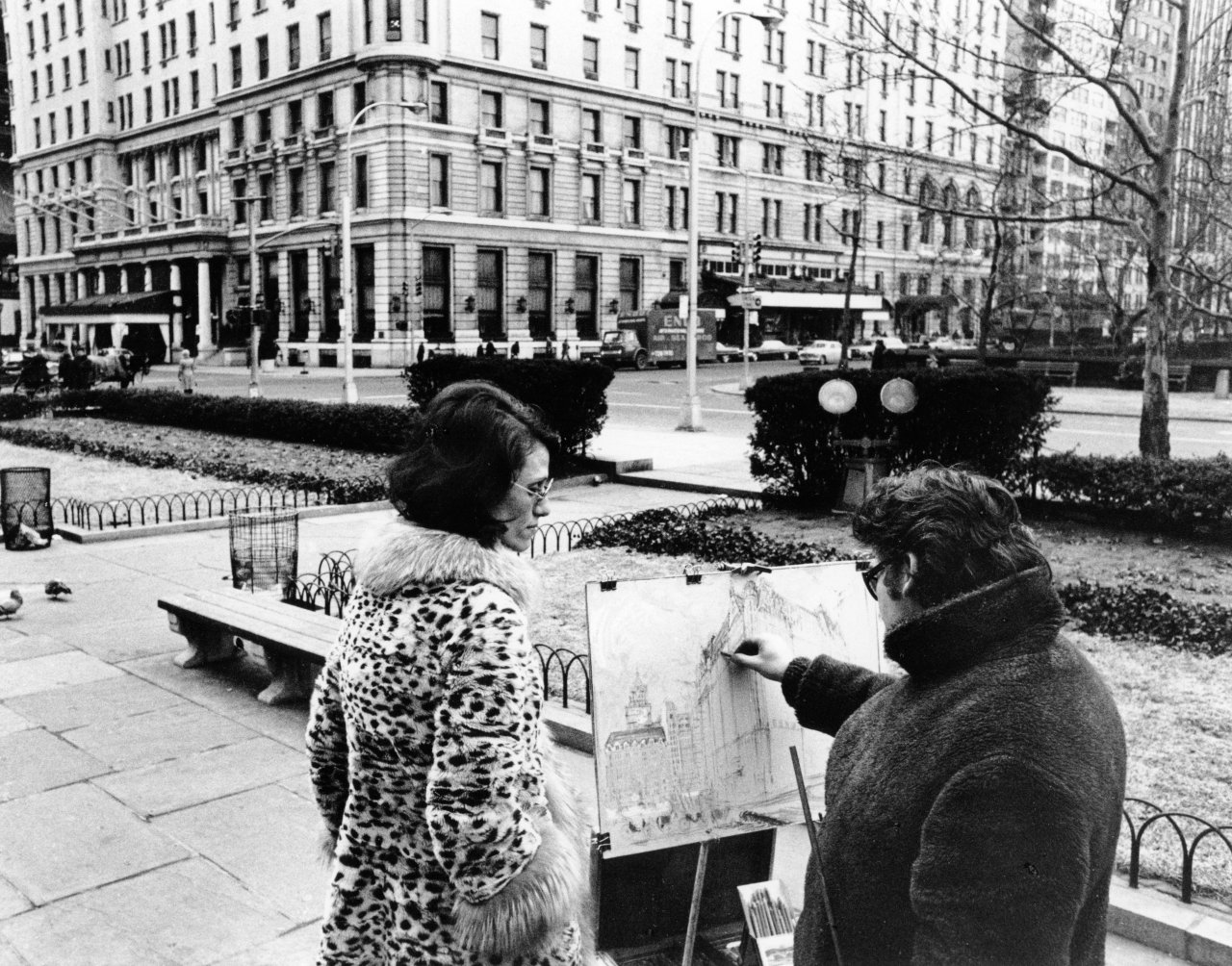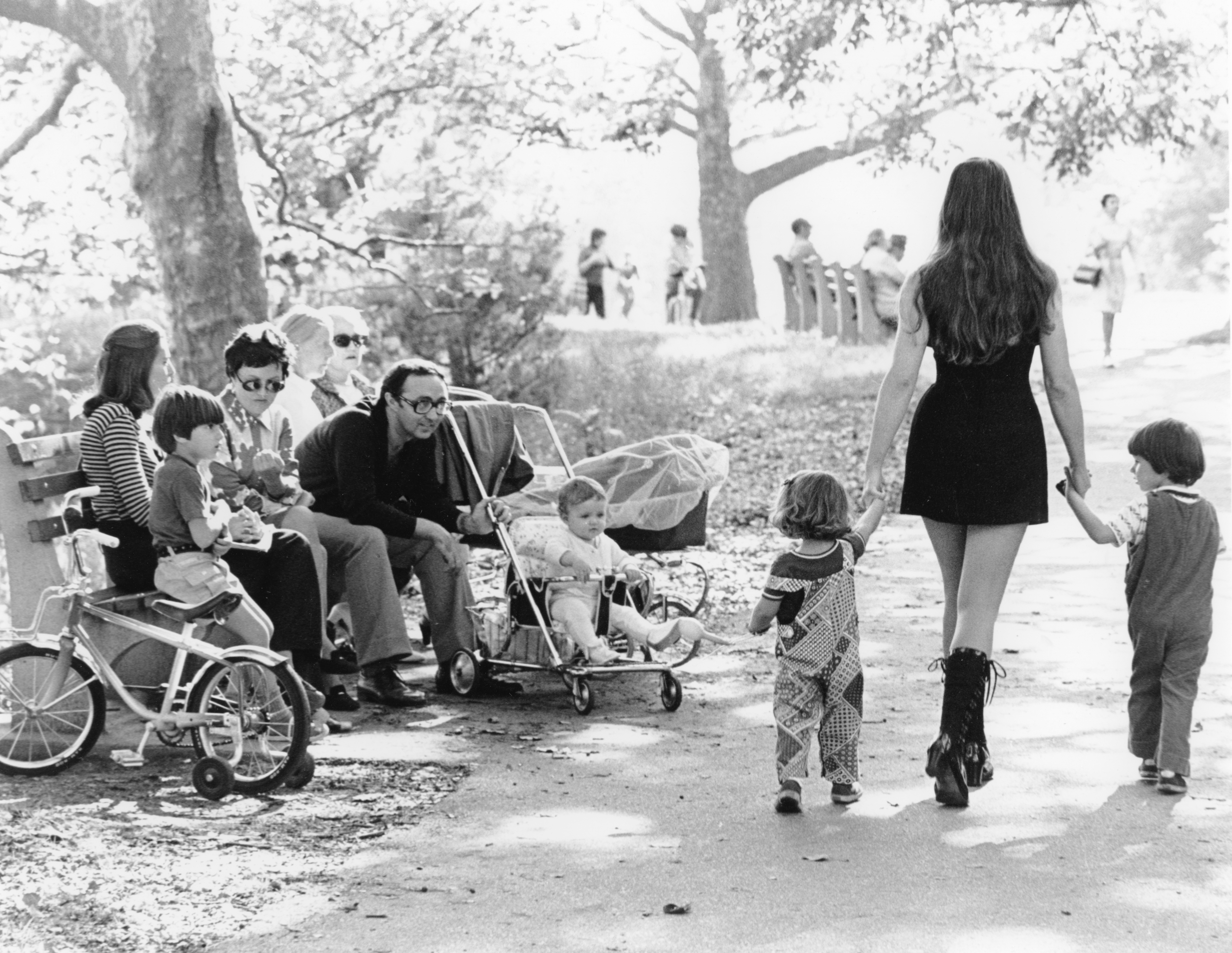︎︎︎
Woodstock Nation
A major thread that weaves through my life during the 1960s and '70s is the hippie phenomenon. The word was coined in 1965 by a San Francisco journalist writing about a local coffeehouse frequented by what then had been called beatnicks.
This was the beginning of a time of broad political and social unrest, defined by New Left politics, the Civil Rights movement, feminism, anti-war protests, communes, an interest in Eastern philosophies, sexual liberation, long hair, tie-dyed clothing, bell-bottom jeans, drug use, and of course rock ‘n roll.
This was the beginning of a time of broad political and social unrest, defined by New Left politics, the Civil Rights movement, feminism, anti-war protests, communes, an interest in Eastern philosophies, sexual liberation, long hair, tie-dyed clothing, bell-bottom jeans, drug use, and of course rock ‘n roll.
I found plenty of hippies to photograph in my own backyard—on the streets of New York, in Central Park, at music venues, and in other public places. I was also fortunate to attend some of the big events that marked the period, including Woodstock, in 1969.
Another event was the 1970 Alternative Media Conference in northern Vermont. This was a gathering of so-called underground newspaper writers and editors, political activists, comic book artists, freelance journalists of a leftist bent, and others.
Another event was the 1970 Alternative Media Conference in northern Vermont. This was a gathering of so-called underground newspaper writers and editors, political activists, comic book artists, freelance journalists of a leftist bent, and others.
The purpose of the conference was ostensibly to discuss politics, feminism, the arts, and other topics, but like Woodstock, the event was marked more by music, marijuana, nudity, and sex.
I also attended two big demonstrations in Washington, DC– the 600,000-strong anti-Vietnam protest march in November, 1969 and, in 1970, a somewhat smaller turnout in response to the Kent State killings and the American incursion into Cambodia—both attended by hippie throngs.
I also attended two big demonstrations in Washington, DC– the 600,000-strong anti-Vietnam protest march in November, 1969 and, in 1970, a somewhat smaller turnout in response to the Kent State killings and the American incursion into Cambodia—both attended by hippie throngs.
